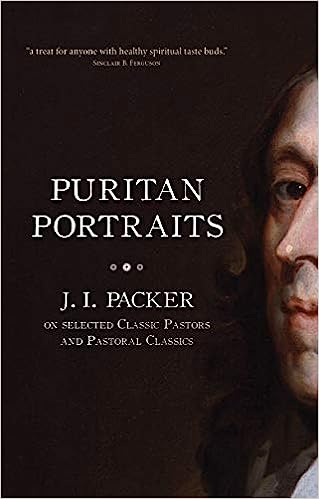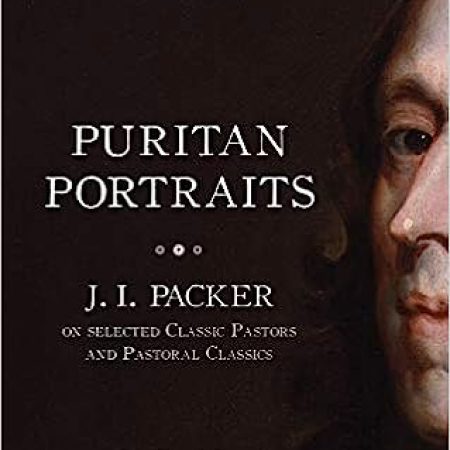
If you want an introduction or a guide to the Puritans – their theology, lives and relevance – you would be hard pressed to find a better qualified or more able guide than Jim Packer and he demonstrates that yet again in this collection. However, take note that this is not a completely new or original book. Most of the material has already been published elsewhere but it has helpfully been brought together here and supplemented with some additional content.
The bulk of the book comprises of introductions to the lifes, theology, writings and importance of seven Puritan giants – Henry Scougal, Stephen Charnock, John Bunyan, Matthew Henry, John Owen, John Flavel and Thomas Boston. These sections originally appeared as introductions to individual volumes in Christian Focus’ own `Christian Heritage’ series. In each of these Packer introduced a Puritan “devotional gem” and it is these introductions that have been brought together in this new format. I have to say that I am not a fan of material being republished in this way, having on occasions been caught out by buying what I thought was a new title by an author only to discover that I had already read it under a different guise. On balance, I think it works here, partly because of the content – anything which gets contemporary Christians reading the Puritans is to be welcomed – and partly because these introductions have been sandwiched between two new chunks of material.
In the first of these, having briefly made clear for us the historical context out of which the Puritans arose, Packer introduces us to `Puritan Pastors at Work ` in an attempt to help us appreciate “the special excellence of Puritan pastoral ministry”. We are reminded – or informed – that the primary focus of the Puritan ministers was on the preaching of God’s word “buttressed…with catechizing on the one hand and counselling on the other”. Concisely and warmly, our guide extols the serious approach of these godly spiritual leaders to the ministry of Scripture and the nurture of the souls in their care. There is so much here that is a vital antidote to so much that is superficial and without Scriptural basis in today’s church. “Powerful” preachers were those “who rose to the occasion and were felt to bring God with them into the pulpit…and we should be thankful that much of their power can still be felt as, centuries later, we read their published work.”
The book closes with extended portraits of two “Puritan Paragons”, William Perkins and Richard Baxter. Packer attributes to Perkins primary responsibility for establishing Puritanism as an evangelical holiness movement, with “real Puritan piety centred upon regeneration and repentance, self-suspicion and self-examination…”and a host of other aspects. Baxter of Kidderminster is today perhaps best known as the author of `The Reformed Pastor’ and is described by packer as a “Man for All Ministries”, as he reflects on his contributions to the church of his day and his importance to us in our generation. For those who still hold to the caricature of a Puritan as a cold, pharisaical, dour Christian, read Packers brief account of Baxter’s 19 year long “idyll” of a marriage to the much younger Margaret and with whom, in Baxter’s own words, he “lived in inviolated love and mutual complacency sensible of the benefit of mutual help.”
Packers closes with a chapter he entitles `The Puritan Pastor’s Programme’ in which he bravely attempts to formulate the “pastoral ideal” modelled by the Puritans. Drawing specifically from John Owen and Richard Baxter, he drafts “the pastor’s God-taught job description” and “The oversight of the Flock’. This is a masterly summary of the work of the pastor and would form the basis of a profitable curriculum for those training and preparing for the pastoral ministry. It provides a helpful checklist against which a pastor could evaluate how faithful he is to the biblical priorities of ministry.
At the end of his portrait of Baxter, Packer’s closes with an exhortation that, amended, is appropriate to the book as a whole: `clergy, layfolk, young Christians, senior Christians – get to know the Puritans and stay with the Puritans. They will always do you good.’
For the purpose of review, I received a complimentary copy of the book from the Publishers. I was under no obligation to write a positive review.
Christian Focus; Revised edition (20 Sept. 2012) Review written in 2013
